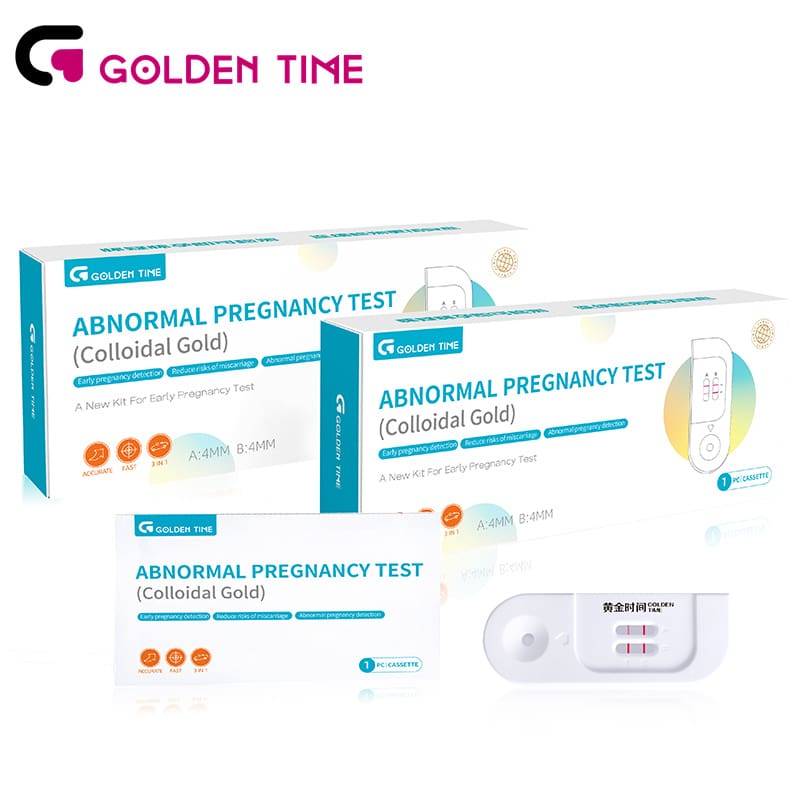Sep . 28, 2024 09:59 Back to list
urine pregnancy kit factories
The Rise of Urine Pregnancy Kit Factories Meeting the Global Demand
In recent years, the demand for urine pregnancy kits has significantly surged, leading to the establishment of numerous factories dedicated to their production
. This rise can be attributed to the increasing awareness and accessibility of home testing options for pregnancy, allowing individuals to confirm their status privately and conveniently.Urine pregnancy tests operate on a simple yet effective principle they detect human chorionic gonadotropin (hCG), a hormone produced shortly after conception, in a woman's urine. These tests have gained popularity due to their ease of use, rapid results, and non-invasive nature. Consequently, factories focused on their production have proliferated, employing advanced technology and stringent quality control measures to ensure reliable results.
The establishment of urine pregnancy kit factories has not only satisfied the rising demand but also created jobs in various regions. Manufacturing facilities are now equipped with modern machinery, allowing for efficient production processes. This shift has facilitated the growth of local economies, particularly in areas where employment opportunities are limited. By providing jobs in production, quality control, packaging, and distribution, these factories contribute to community stability and economic development.
urine pregnancy kit factories

Moreover, these factories have embraced sustainability initiatives. For instance, several manufacturers are working towards reducing waste and utilizing eco-friendly materials in their products. As consumers become more environmentally conscious, the demand for sustainably produced goods, including pregnancy kits, continues to rise. Factories responding to this trend are not only meeting market demands but also contributing positively to environmental sustainability.
Additionally, innovation in urine pregnancy test design and technology has emerged as a key focus for manufacturers. With advancements such as digital displays and smartphone connectivity, companies are striving to enhance user experience. These innovations not only improve accuracy and reliability but also cater to younger generations increasingly reliant on technology.
In conclusion, the proliferation of urine pregnancy kit factories signifies a broader shift in consumer behavior towards home health testing. As they continue to meet growing demands for reliable, accessible, and user-friendly pregnancy testing solutions, these factories play a vital role in both the economy and the lives of individuals seeking confirmation of pregnancy. The future appears bright for this industry as it adapts to meet evolving consumer needs and preferences.
-
Dengue NS1 Rapid Diagnostic Test Kit
NewsMar.07,2025
-
Dengue NS1 Rapid Diagnostic Test Kit
NewsMar.07,2025
-
Dengue NS1 Rapid Diagnostic Test Kit
NewsMar.07,2025
-
Transferrin Rapid Test Cassette Tumor Marker TF Card
NewsMar.07,2025
-
Malaria Pf Pan Rapid Diagnostic Test Kit
NewsMar.07,2025
-
malaria pf / pan ag rapid test
NewsMar.07,2025

